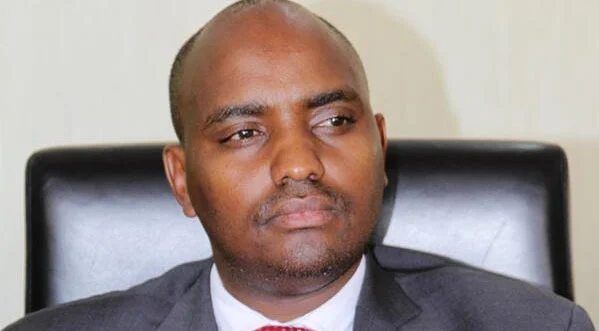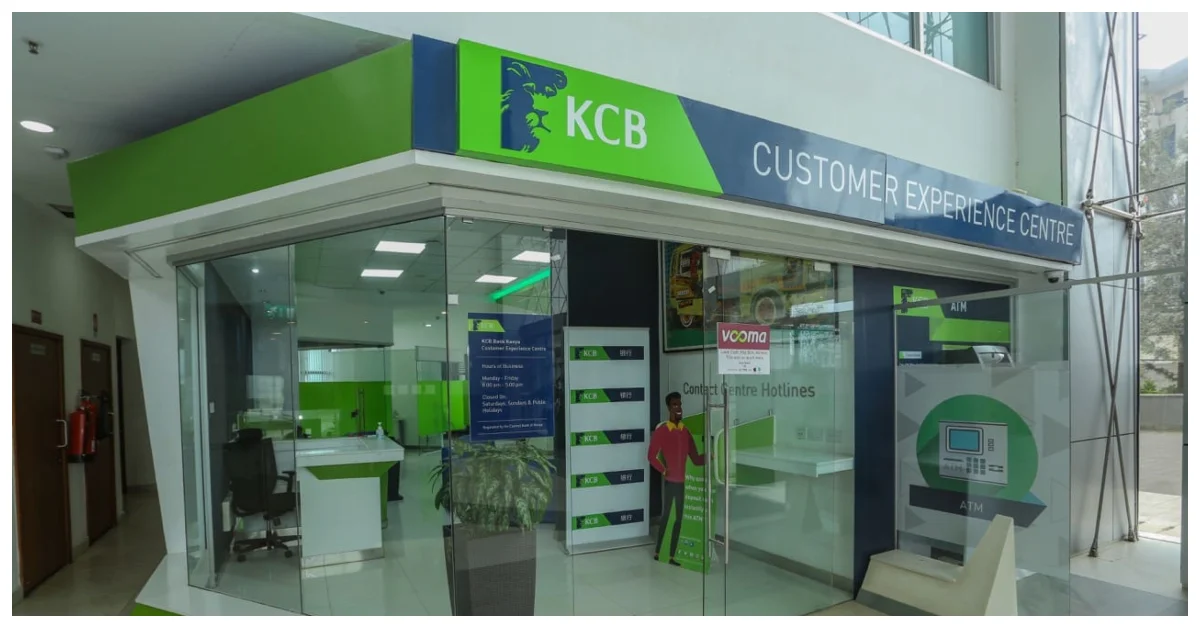KCB Group has reported a 20 percent decline in net profit for the first half of the year ending in June. This drop is attributed to expenses related to staff restructuring and a significant increase in provisioning for potential loan defaults.
The net profit decreased to Sh15.5 billion, down from Sh19.5 billion during the same period the previous year. The increase in provisions for potential loan defaults overshadowed the growth in revenue from the main business segment, which saw a 22.2 percent rise to Sh73.1 billion.
Operating expenses surged by 60 percent, reaching Sh50.61 billion during the period. This rise was driven by a substantial 2.4 times increase in provisioning for non-performing loans (NPLs), amounting to Sh10.2 billion, up from Sh4.32 billion.
According to the Business Daily, the surge in NPL provisions, combined with a 24 percent increase in staff costs totaling Sh17.5 billion, and a 79.8 percent jump in other operating expenses amounting to Sh17.1 billion, contributed to the overall spike in operating costs.
KCB Group’s CEO, Paul Russo, attributed the impact on net profit to aggressive loan provisioning in KCB Kenya, legal claims inherited from National Bank of Kenya (NBK), and costs associated with staff restructuring in both units to optimize the group’s size.

Russo mentioned that profitability was affected by higher funding costs due to increased market deposit rates, prudent provisioning for existing credit facilities, and provisions for legacy legal claims at NBK.
Looking forward, Russo emphasized the actions taken by the group to improve liquidity and indicated a focus on improved performance in the second half of the year, while also providing support to distressed customers.
Read Also: KCB Partners with KNCCI for Joint Financial Services
KCB’s net interest income grew by 12.1 percent to Sh45.5 billion, driven by a 32.3 percent expansion in the loan book to Sh964 billion. Non-interest income also experienced growth, rising by 30.3 percent to Sh27.56 billion, contributing to the overall revenue increase.
The group managed to lower its NPL ratio to 17.4 percent, down from 21.5 percent in the same period the previous year. This improvement was attributed to the efforts of a special committee established by CEO Paul Russo to address loan defaults.
KCB saw a significant increase in customer deposits, rising by 62 percent to Sh1.47 trillion, largely due to the acquisition of TMB. This positioned the group ahead of Equity, which recorded Sh1.17 trillion in deposits by the end of the review period.
Subscribe to our YouTube channel at Switch TV.
KCB Group’s Chairman, Joseph Kinyua, stated that the group is well-prepared for future growth based on its solid governance structure, digital capabilities, strong regional presence, and dedicated staff to serve customers and stakeholders.
















